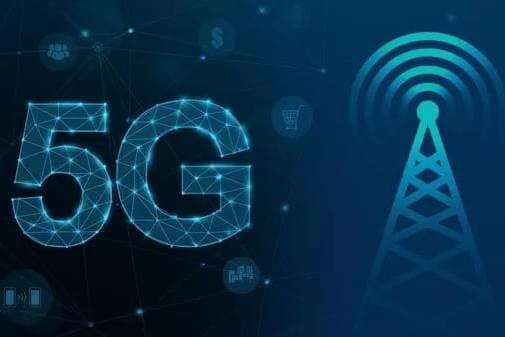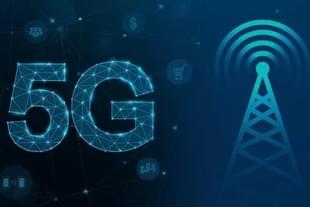News Brief
Telecom Companies To Get Relief With Spectrum Charges Waiver, But Satellite Firms Like Musk’s Starlink Still Have To Pay
Vansh Gupta
Mar 24, 2025, 04:35 PM | Updated 04:34 PM IST
Save & read from anywhere!
Bookmark stories for easy access on any device or the Swarajya app.


In a major boost for India’s telecom sector, the government is set to waive spectrum usage charges (SUC) for airwaves acquired through auctions before September 2021, reported The Economic Times.
This decision, expected to provide relief worth thousands of crores, will help Vodafone Idea, Airtel, and Reliance Jio free up cash as they expand 5G services and enhance their network infrastructure, a senior official told The Times of India.
A Relief for Older Spectrum Holders
In June 2022, the government had removed SUC for spectrum auctioned after 15 September 2021, but no relief was offered to companies holding older airwaves.
Now, with the latest waiver set to extend to pre-2021 spectrum, telecom operators will finally see a significant financial burden lifted.
One of the biggest beneficiaries of this move is Vodafone Idea, which is currently struggling under a debt exceeding Rs 2 lakh crore. According to sources, the company stands to gain nearly Rs 28,000 crore—a critical boost as it fights to stay competitive in the evolving telecom landscape.
Prepping for Starlink’s Entry
The waiver comes at a crucial time as Indian telecom giants gear up for competition from Elon Musk’s Starlink, which is making its way into the sector with a Rs 2-lakh-crore satellite venture.
However, while domestic operators will see their SUC obligations wiped out, Starlink and other satellite operators will still be required to pay spectrum charges.
Why Is Starlink still Paying?
A key reason for this distinction is the method of spectrum allocation.
According to an official, Starlink and other satellite service providers will receive spectrum through direct government allocation rather than competitive auctions. As a result, they will still be required to pay taxes on the spectrum they use.
"The thinking is clear that any company getting spectrum through govt allocation at a pre-determined price will need to pay tax on the spectrum," the source explained as quoted by The Economic Times.
Vansh Gupta is an Editorial Associate at Swarajya.




